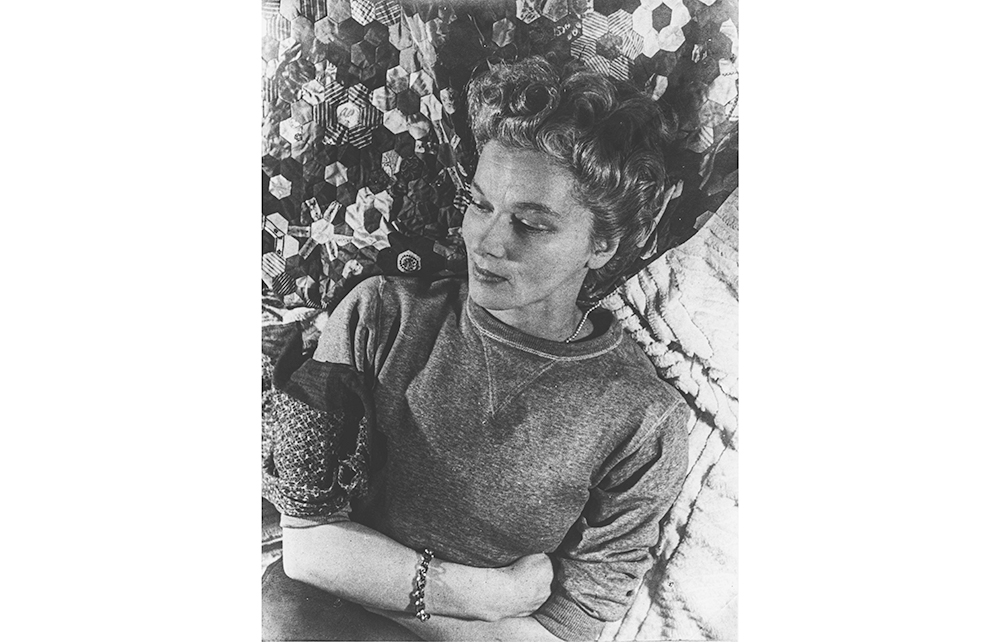Very fine hot day. (Bank Holiday). Sound of band in Lewes from the Downs. Guns heard at intervals. Walked up the down at the back. Got plenty of mushrooms. Butterflies in quantities. Ladies Bedstraw, Roundheaded Rampion, Thyme, Marjoram.
This isn’t what we expect from Virginia Woolf, known for her caustic investigations of friends and filigree portraits of her own inner life. But in 1917, after three years of mental illness, she moved to Asheham in Sussex and began a slow but dogged recovery that took the form of these daily walks and list-filled diary entries, which rarely contain the word ‘I’. Harriet Baker argues convincingly in her new book that the Asheham diaries marked the beginning of a new direction for Woolf as a writer, leading first to experimental tales such as ‘Kew Gardens’ and then to her most innovative modernist fiction.
Rural Hours tells the stories of three interwar women writers – Virginia Woolf, Sylvia Townsend Warner and Rosamond Lehmann – during separate periods of transition from London to the country. It wasn’t a coincidence that Woolf’s new writing style began at Asheham. She was closer to nature than she’d ever been, and the effect was a new, slow attentiveness. Baker argues that the country had a similar effect on all three women. ‘Country living – choosing to embrace the daily routines of rural life – changed your perspective, these women discovered. It allowed for new experiments in form and in feeling.’
After a sociable existence in London, Sylvia found new forms of creativity in isolation with her lover
There are larger questions here about what the countryside was and is that don’t get answered in what is a solely biographical study. Alexandra Harris’s epochal Romantic Moderns (2010) made a larger intervention in thinking through the dialectic between the city and the countryside in modernism that Baker might have gained from engaging with more specifically – slow attentiveness itself a value that could be interrogated; is this a form of exploiting the countryside, and aren’t there ways in which rural nature is more sensually tumultuous and metamorphic, while cities are stifling and paralysed?
Sylvia Townsend Warner’s writing itself inspired her move to the country, as much as the countryside shaped her later writing.








Comments
Join the debate for just £1 a month
Be part of the conversation with other Spectator readers by getting your first three months for £3.
UNLOCK ACCESS Just £1 a monthAlready a subscriber? Log in